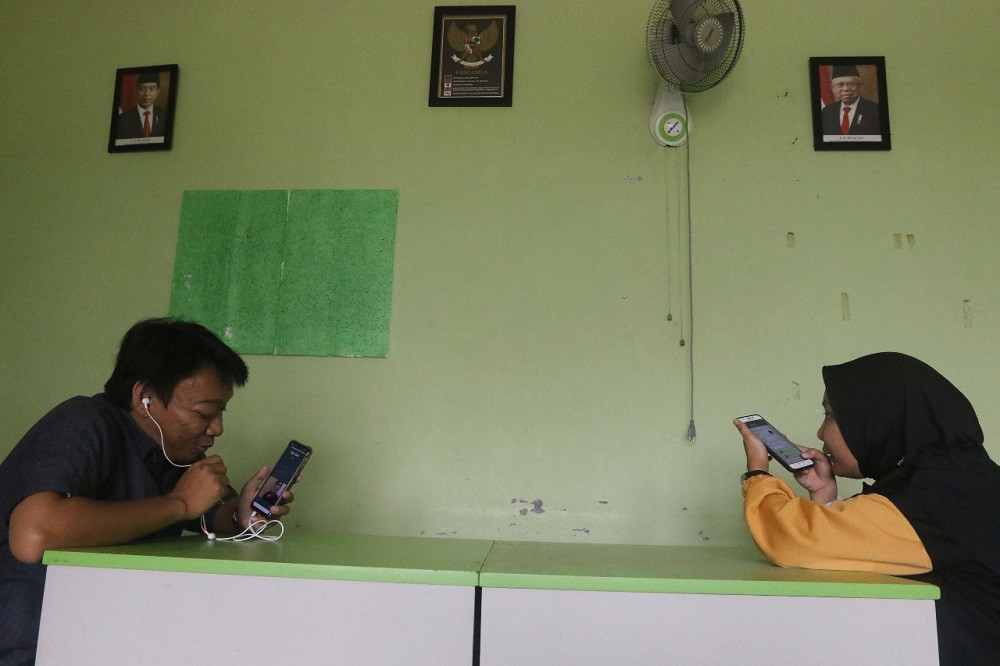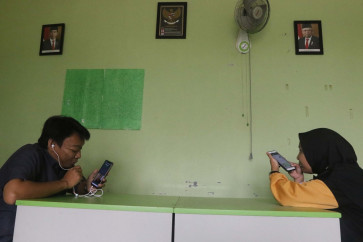Popular Reads
Top Results
Can't find what you're looking for?
View all search resultsPopular Reads
Top Results
Can't find what you're looking for?
View all search resultsProlonged school closure puts students’ future earnings at risk: WB study
A recently published World Bank study presents new estimates correlating learning loss with future earning losses amid the prolonged school closure, while the education ministry assesses potential solutions for learning recovery.
Change text size
Gift Premium Articles
to Anyone
P
rolonged school closure due to the COVID-19 pandemic has deepened the learning crisis in Indonesia, as learning loss puts students at risk of notable income loss in the future, reveals a World Bank study published on Sept. 16.
The World Bank study, on overcoming learning losses and improving outcomes from the pandemic, suggests that students could experience between 0.9 to 1.2 years of learning loss during the 1.5-year school closure.
Even before the pandemic, the national education system delivered learning at levels far below what Indonesian children and youth need today, with students expected to attend an average 12.4 years of schooling but learning the equivalent of just 7.8 years.
The report estimates that the pandemic could further reduce the learning-adjusted years of schooling (LAYS) from 7.8 years to between 6.6 and 6.9 years.
The nationwide school closure has also negatively impacted student literacy development, leaving more than 80 percent of 15-year-olds languishing below the minimum reading proficiency level of the Organisation for Economic Cooperation and Development (OECD), a marked increase from 70 percent in 2018.
And since human capital and future earnings are correlated, the World Bank estimates that learning loss due to the pandemic could cost each student US$408 (Rp 6 million) to $578 (Rp 8 million) in future annual earnings.
As a whole, this means that the lifetime earning losses of all students could amount to $253-$359 billion, or between 24 and 34 percent of gross domestic product in 2020.


















